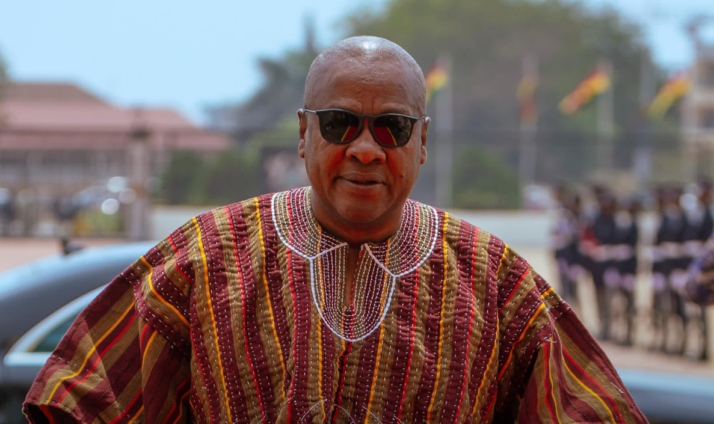

President John Dramani Mahama has warned that Ghana’s energy sector is on the brink of collapse due to staggering debt and financial mismanagement. Delivering his first State of the Nation Address to Parliament on Thursday, February 27, he revealed that the sector is burdened with GHC 70 billion in debt, primarily caused by systemic losses, non-compliance with the Cash Waterfall Mechanism, and legacy debt. He further projected a $2.2 billion funding shortfall by 2025, emphasizing the urgent need for intervention.
Despite the collection of GHC 45 billion in Energy Sector Levies over the past eight years, the President stated that the outgoing administration has left the sector in deep financial distress. The President assured that his administration is committed to addressing these challenges and has directed the Minister for Energy and Green Transition, Hon. Dr. John Jinapor, to implement key reforms. These include enforcing strict financial oversight, improving revenue collection, and eliminating unnecessary expenditures to restore stability to the sector.
President Mahama also pointed to a pilot partnership between ECG and Enclave Power, which has shown promising results in improving efficiency and revenue collection. He noted that his government aims to expand this model nationwide to enhance service delivery and financial sustainability.
As part of efforts to secure a more sustainable energy future, the President announced the establishment of a Renewable Energy and Green Transition Fund. This initiative is expected to drive investment in solar power and off-grid solutions, positioning Ghana as a leader in Africa’s energy transition.
He acknowledged the recent decline in crude oil production and the challenges facing Ghana’s petroleum sector but assured the nation that revitalizing upstream activities and attracting investors remain top priorities. Mahama expressed confidence that these interventions will stabilize the energy sector and make electricity more affordable for Ghanaians.

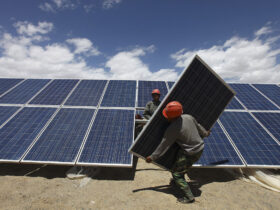



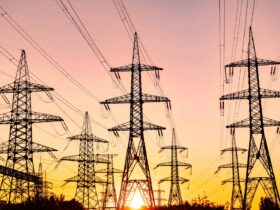
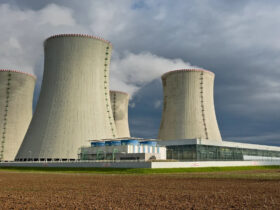
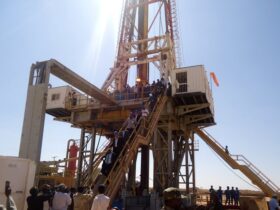



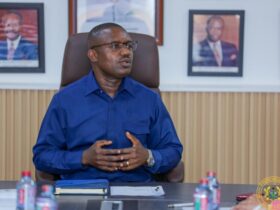


Leave a Reply